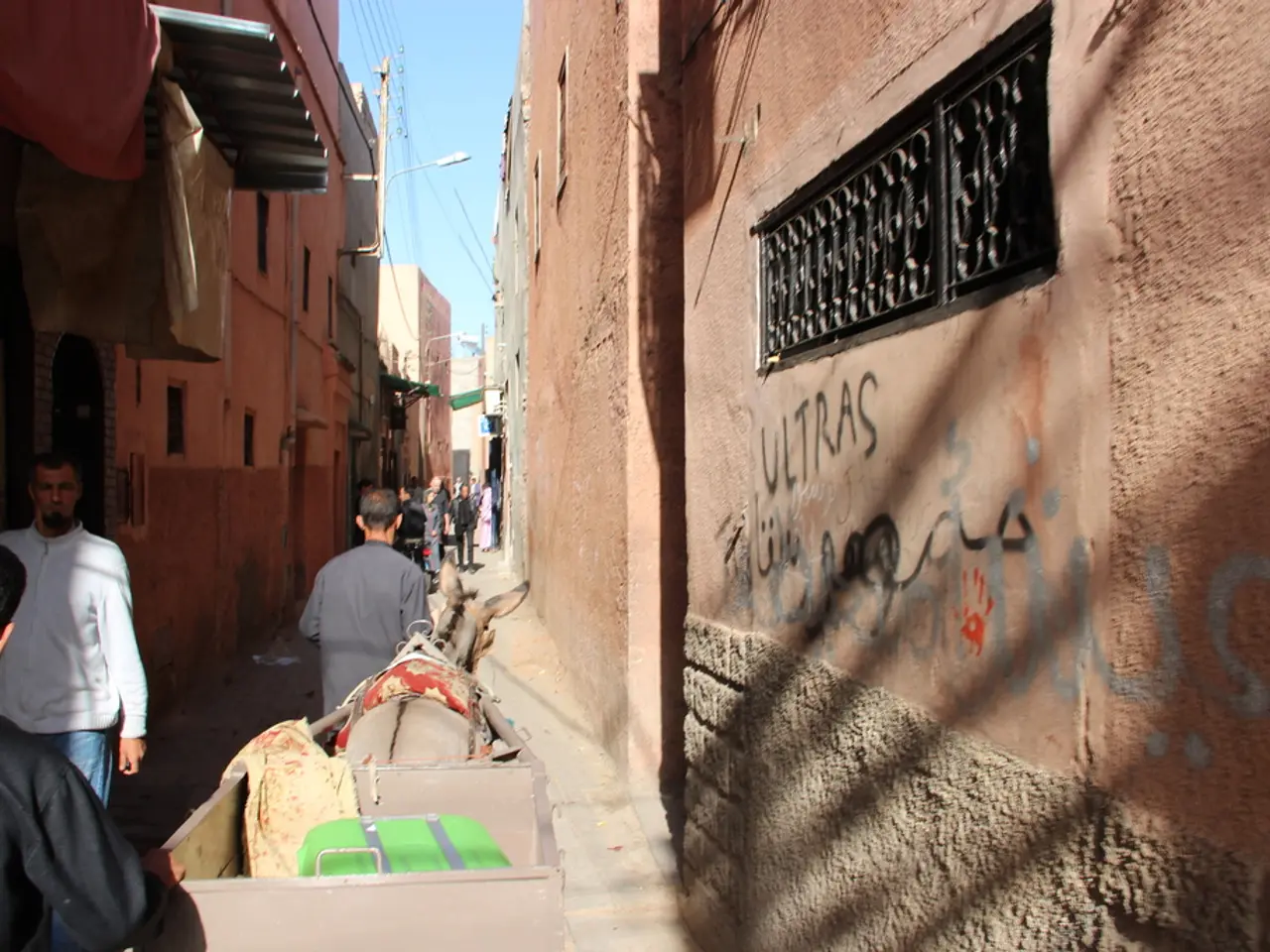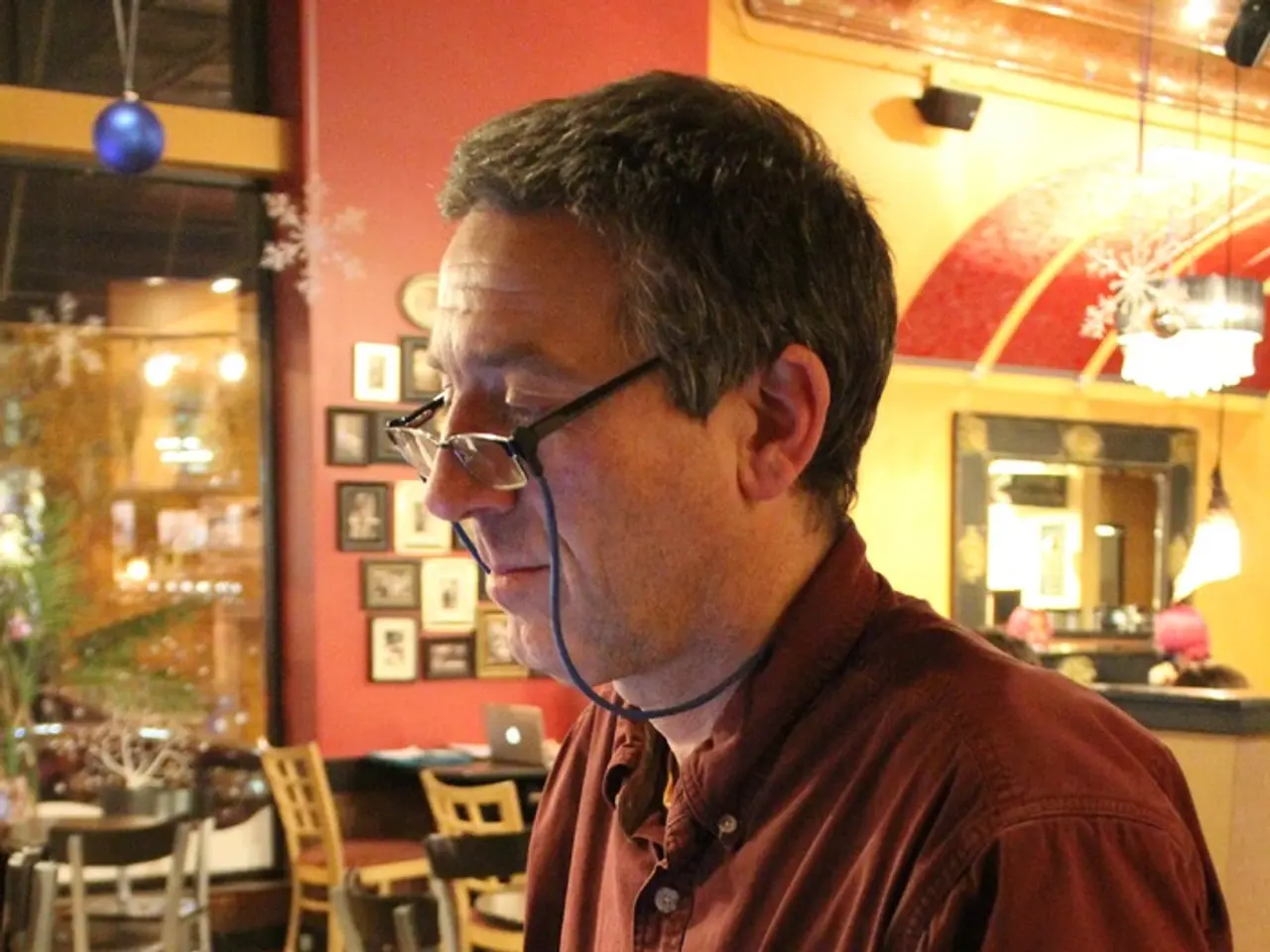Thailand reiterates dedication to a tranquil settlement of the dispute regarding Cambodia's border.
Thailand and Cambodia Agree to Ceasefire, Pursuing Peaceful Resolution of Border Conflict
In a significant development, Thailand and Cambodia have agreed to a ceasefire following escalating tensions along their shared border. The diplomatic efforts to resolve this century-old conflict have taken a positive turn, with both countries expressing a commitment to a peaceful resolution.
The recent meeting between Thailand's Foreign Minister Maris Sangiampongsa and US Ambassador Robert F. Godec served as a platform to discuss the ongoing border conflict. The focus of the discussions was squarely on finding an immediate and lasting solution to the hostilities.
The ceasefire agreement, reached after intense diplomatic negotiations, comes as a relief to both nations, particularly after the recent escalations in July that led to armed clashes near Ta Muen Thom and other points along the border. The intensification of fighting resulted in significant casualties and displacement of civilians.
Thailand's Foreign Minister emphasized the country's desire for an immediate end to hostilities, reiterating Thailand's commitment to resolving the conflict through peaceful diplomatic channels. No specific details about the ceasefire agreement were provided in the article.
The resolution of the conflict is to be achieved through established bilateral mechanisms, reflecting the commitment of both countries to finding a mutually acceptable solution. The details of these mechanisms are yet to be disclosed.
The diplomatic efforts to resolve the Thailand-Cambodia border conflict have been a complex web of historical treaty clarifications, ICJ adjudication, ASEAN mediation, and engagement by global powers. However, the fragile nature of these efforts is underscored by deep-rooted nationalist sentiments and contested sovereignty claims.
Historically, the boundary was first mapped by the French colonial administration in 1907, defining much of the border but leaving some areas undemarcated. This ambiguity has fueled the dispute, with Cambodia inheriting these claims after gaining independence, while Thailand has occasionally contested the maps and sovereignty over specific areas.
The International Court of Justice (ICJ) ruled in 1962 that the Preah Vihear temple complex belongs to Cambodia, a significant diplomatic milestone. However, tensions persisted with occasional military clashes in the 21st century, particularly between 2008 and 2011, involving the Preah Vihear temple region.
The diplomatic breakthrough amid the crisis came in the form of talks held in Kuala Lumpur on July 28, 2025, where both countries agreed on an immediate and unconditional ceasefire. This agreement marks a significant step towards resolving the long-standing border conflict between Thailand and Cambodia.
The details of the ceasefire agreement and the path forward for resolving the border conflict are yet to be disclosed. However, the commitment of both nations to find a peaceful resolution is a positive sign for the future of relations between Thailand and Cambodia.
The ceasefire agreement, brokered after extensive international diplomacy, extends to various aspects of the ongoing conflict, including the boundary dispute, military actions, and general-news reports revolving around politics. This agreement should significantly improve healthcare access and international relations between the two nations, ensuring a more peaceful future for both Thailand and Cambodia.
The ceasefire agreement, lasting indefinitely unless otherwise specified, represents a crucial turning point in international politics, demonstrating a commitment to resolving long-standing disputes through peaceful means, thus making general-news headlines globally. The details of the peace process will play a pivotal role in shaping the health and stability of both nations and their mutual reconciliation efforts.






